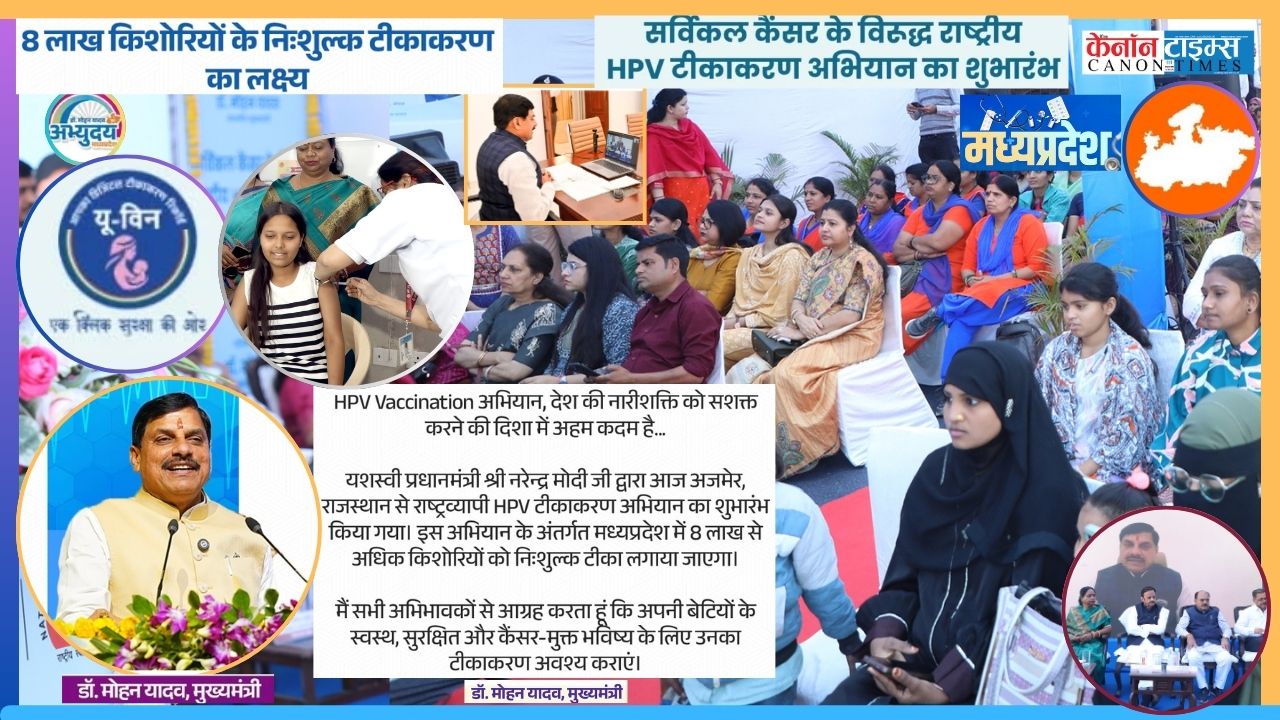The court ruled that once a special court takes cognizance of a complaint, the ED cannot arrest that person under the PMLA, and the agency must seek the court for custody. The Supreme Court’s verdict last week, which limited the Enforcement Directorate’s (ED) authority to arrest a person suspected under the Prevention of Money Laundering Act (PMLA), is consistent with some of its past decisions emphasizing the importance of the right to life and personal liberty.
The court ruled that once a special court takes cognizance of a complaint, the ED cannot arrest that individual under the PMLA, and the agency must seek the court to get custody of that person. If an accused appears before the authorities in answer to a summons, it cannot be argued that he is in custody, and therefore he is not required to ask for bail.
It is the ED’s responsibility to apply to the court for custody, providing precise reasons. The court also stated that if an accused appears in a special court, he or she may be spared from future personal appearances. The decision is significant because of the arbitrary ways in which the ED uses the draconian PMLA to arrest and detain people for long periods of time.
Obtaining bail is incredibly difficult due to two stringent conditions: the accused must prove in court that he is innocent, as well as convince the judge that he will not commit an offence while on release. So, being arrested under the PMLA means spending years in jail, especially considering the conviction rate is low. In such circumstances, many accused individuals spend years in prison. The ED is infamous for being arrest-happy and has exploited its power excessively in recent years. The ED has targeted opposition politicians, including AAP leaders like as Arvind Kejriwal. Although Kejriwal was granted bail, many others remain in jail after being denied bail on multiple occasions.
A limit on the ED’s arrest powers is thus desirable. The arrest of a citizen concerns that person’s constitutional and human rights, hence the power to arrest should be utilised with caution. In previous decisions, the Supreme Court has stated that unjustified restrictions on freedom, even for a single day, are wrong. In this case, the court was considering whether an accused in a money laundering case must face the severe twin-test for release after a special court has taken cognizance of the matter.
By holding that the ED cannot arrest a person after filing a complaint, the court has avoided many arrests and protected citizens’ rights to life and personal liberty. It narrows the scope of the harsh statute aimed at curtailing citizens’ fundamental right to life and personal liberty. It limits the reach of the harsh statute designed to curtail citizens’ fundamental rights.
ABHISHEK VERMA
Author: This news is edited by: Abhishek Verma, (Editor, CANON TIMES)
Authentic news.






